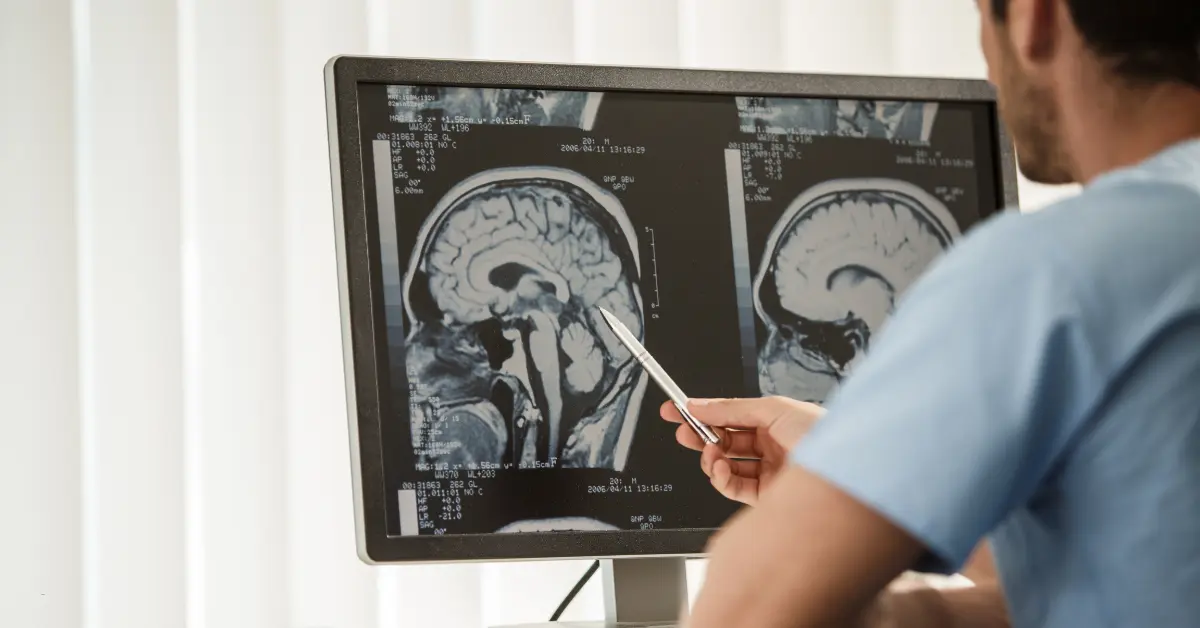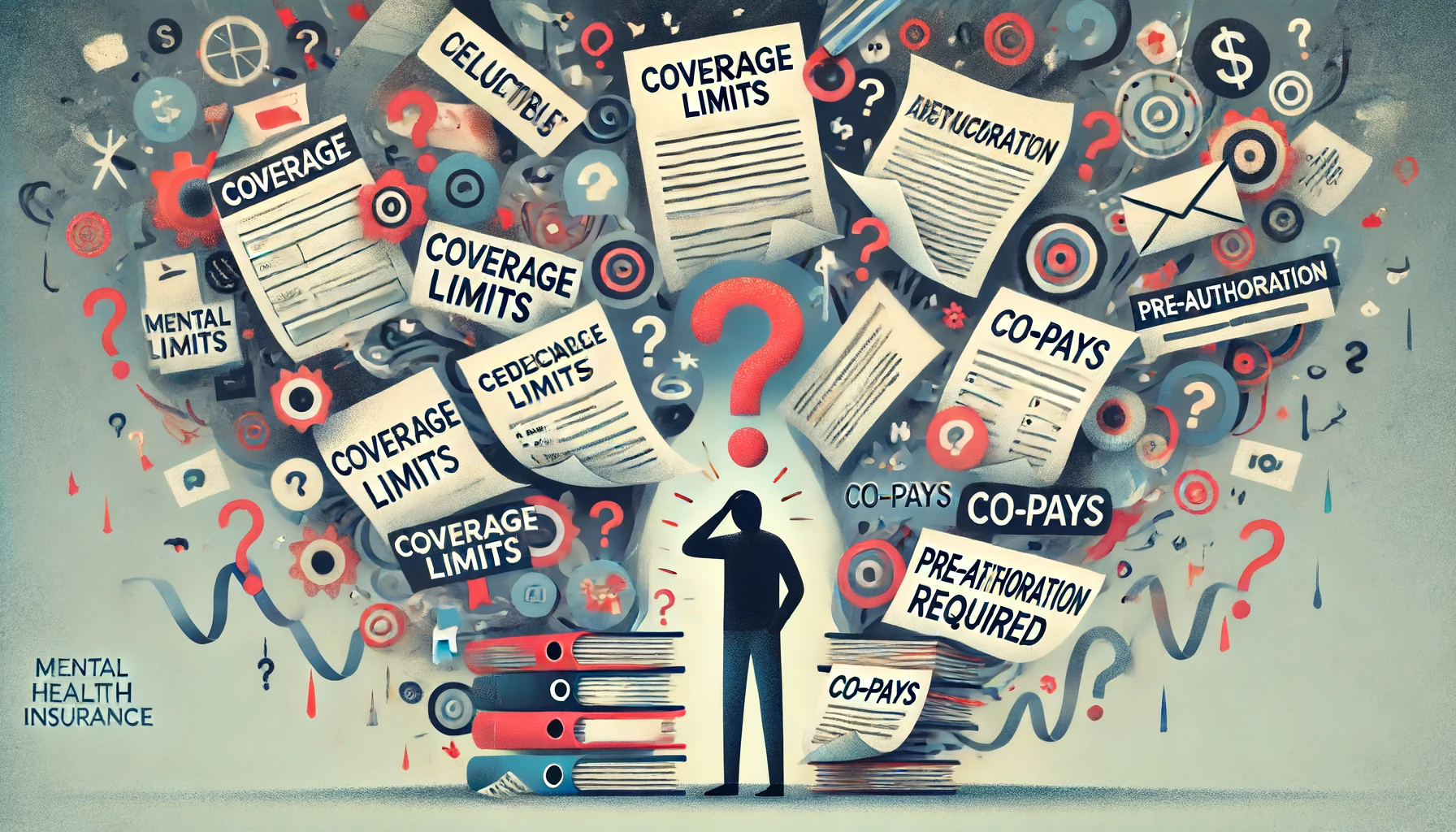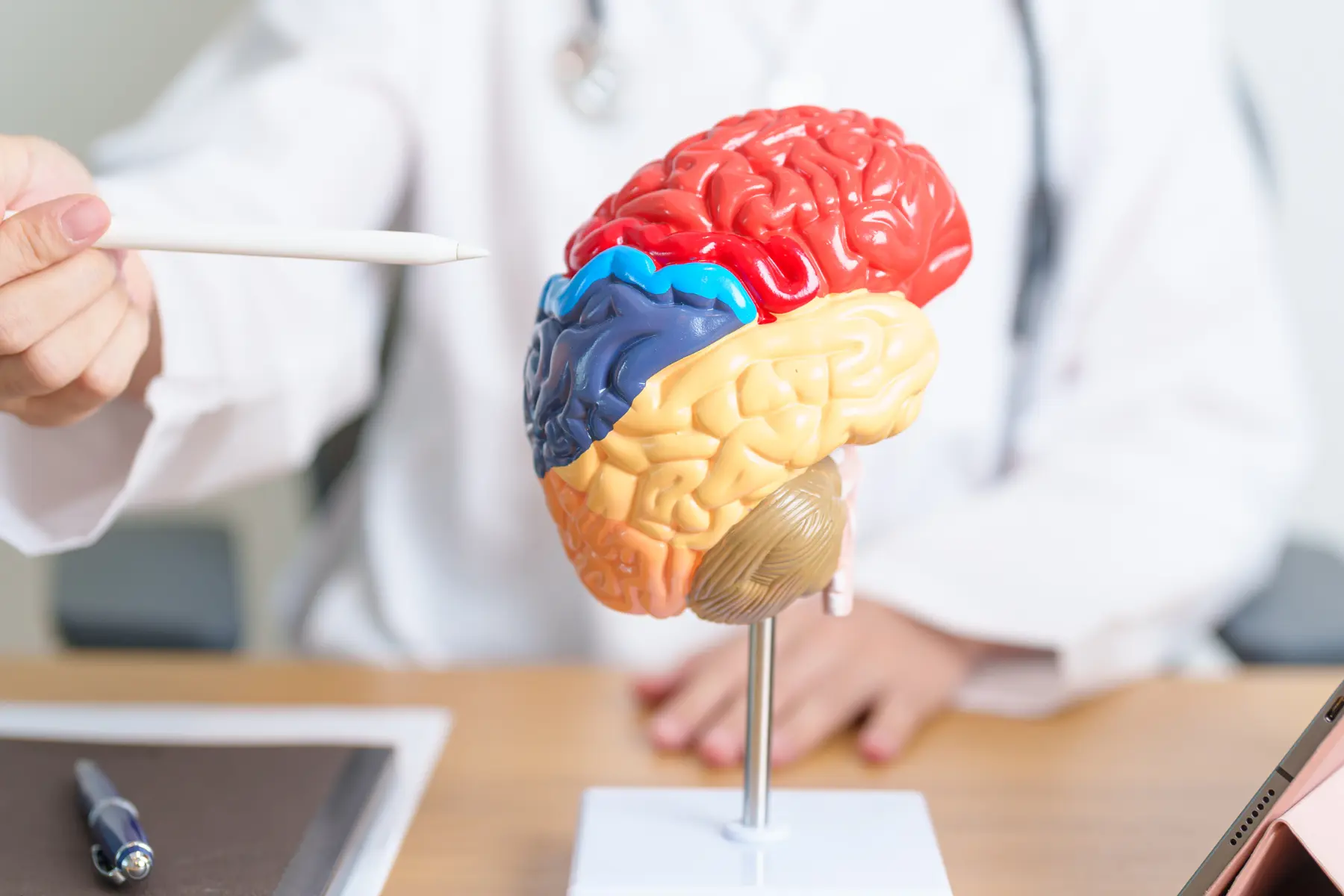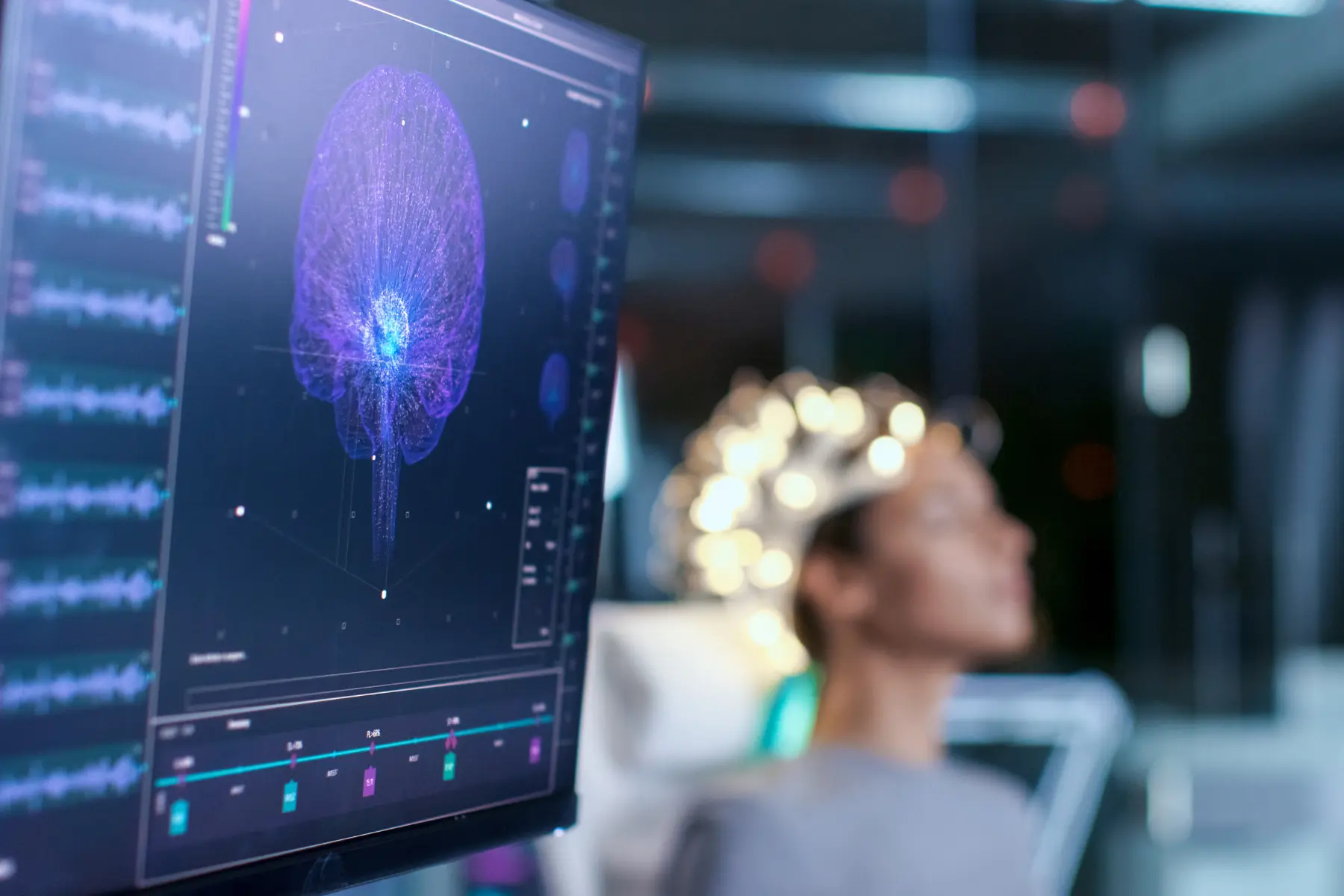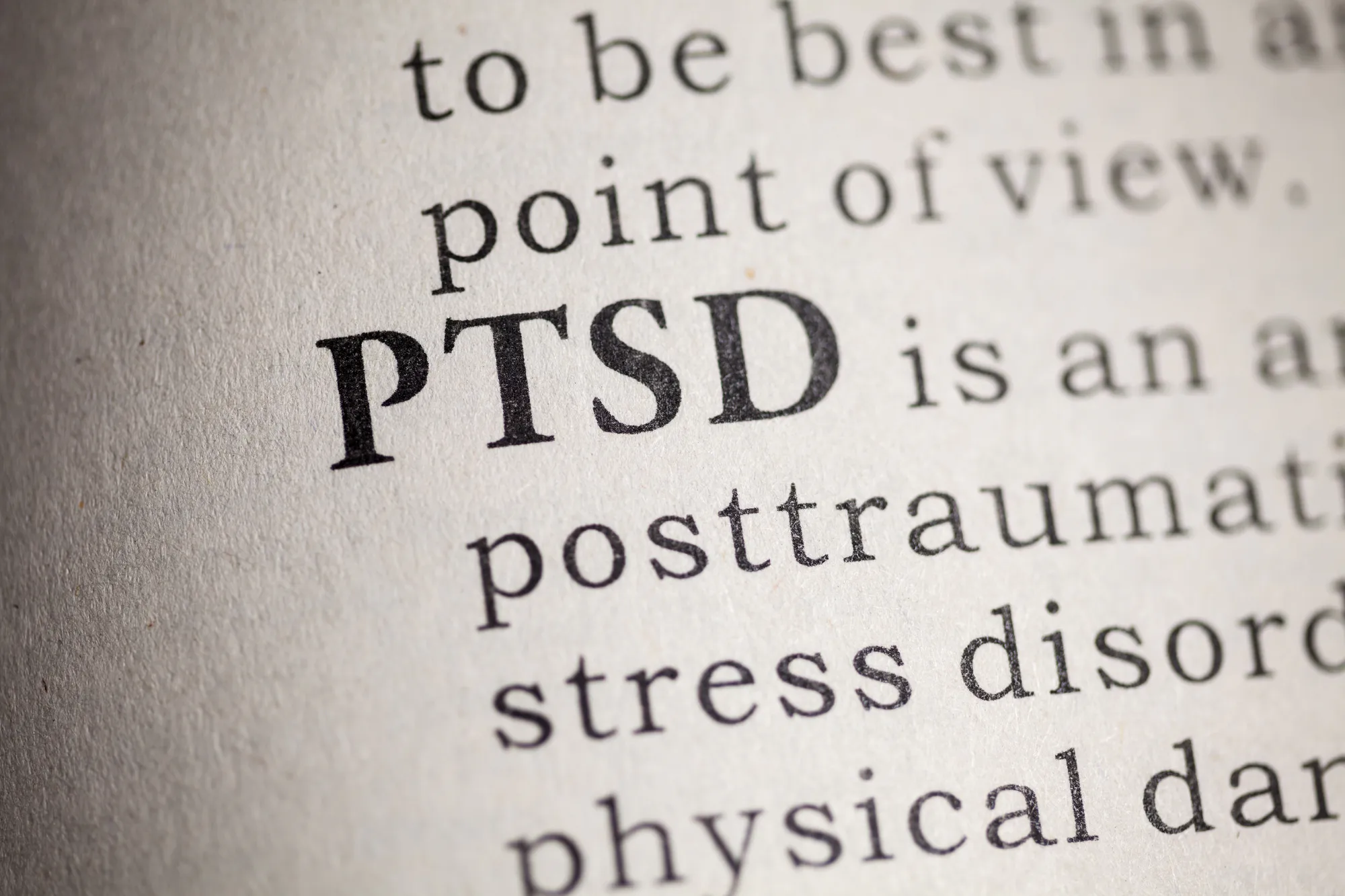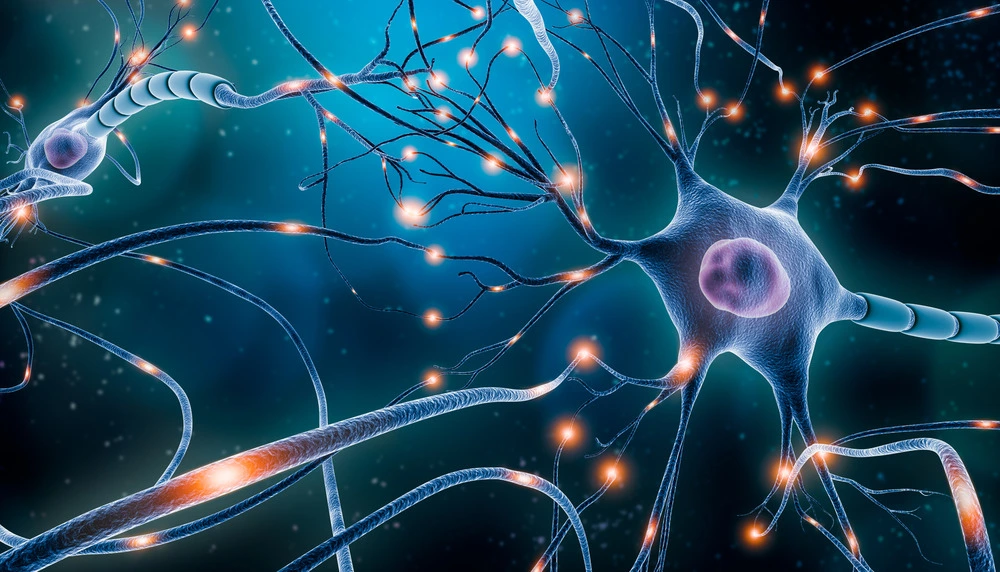Depression is a complex and multifaceted condition that affects millions of individuals worldwide. Finding the right treatment can be a challenging journey, as what works for one person may not work for another due to the unique way depression manifests in different individuals. The treatment landscape for depression includes a range of options from traditional medications to innovative therapies. This blog explores these different treatments, their mechanisms, and side effects, and considers why TMS might be a suitable option for those looking for a different approach to managing depression.
The most commonly prescribed type of
antidepressant medications called Selective Serotonin Reuptake Inhibitors (SSRIs), work primarily by creating a net increase of the neurotransmitter Serotonin in the brain. In doing so, SSRIs lead to high rates of the following side effects:
- Sexual Dysfunction: One of the most impactful side effects reported by users of SSRIs is sexual dysfunction, which can include decreased libido, delayed orgasm, or inability to achieve an orgasm. This particular side effect can profoundly affect personal relationships and an individual’s self-esteem. For many, the impact on their sexual life is a significant consideration when deciding whether to continue SSRI therapy. Addressing this issue often involves a delicate balance of medication adjustment and psychological support.
- Weight Gain: Another common concern associated with SSRIs is weight gain. This side effect can vary widely among individuals but tends to be a gradual increase in weight over time. This can lead to additional health concerns such as increased risk for diabetes, heart disease, and a negative self-image. Weight management strategies, dietary adjustments, and regular physical activity are recommended to counteract this side effect.
- Headache: Headaches are frequently reported, especially during the initial stages of treatment with SSRIs. These headaches can range from mild to severe and often diminish as the body adjusts to the medication. However, persistent or severe headaches should be evaluated by a healthcare provider to adjust the treatment plan or explore alternative therapies.
- Drowsiness: Drowsiness is a common side effect that can interfere with daily activities, work, and driving. This can be particularly challenging for those who need to maintain a high level of alertness in their professions. Adjusting the timing of medication intake or switching to another antidepressant with a lower sedative effect might be necessary if drowsiness becomes debilitating.
- Insomnia: Paradoxically, while some experience drowsiness, others may suffer from insomnia. This includes difficulties in falling asleep, staying asleep, or waking up too early. Insomnia can exacerbate depression symptoms and reduce the overall effectiveness of the treatment. Healthcare providers might adjust the dosing schedule or combine the SSRI with a low-dose sedative or behavioral therapy to improve sleep patterns.
- Anxiety and/or Agitation: In some cases, SSRIs can cause increased feelings of anxiety or agitation, particularly at the beginning of treatment or during dosage changes. This can be disconcerting for patients who are using these medications to manage anxiety disorders. Close monitoring and possibly adjusting the medication type or dosage can help alleviate these symptoms.
- Excessive Sweating: Increased sweating is another side effect that can be uncomfortable and embarrassing, affecting social interactions and professional life. This symptom is often managed with practical measures such as using antiperspirants, maintaining a cool environment, and wearing breathable clothing.
- Seizures: Although rare, seizures are a serious potential side effect of SSRI use, particularly at high doses or in combination with other medications that lower the seizure threshold. Patients with a history of seizures or those taking other seizure threshold-lowering medications should be closely monitored by a healthcare provider.
The side effects of SSRIs highlight the complexity of treating depression. Each patient’s experience with these medications can vary significantly, requiring a personalized approach to manage side effects effectively.
If SSRIs don’t work for a patient, they will often try a Serotonin and Norepinephrine Reuptake Inhibitor (SNRI), which works by increasing the activity of both Serotonin and Norepinephrine. Both of these neurotransmitters are commonly associated with mood, with norepinephrine also associated with general wakefulness. However, SNRIs tend to have the same side effects as SSRIs. If SSRIs and SNRIs do not work, doctors usually try prescribing older classes of antidepressants, such as Tricyclic Antidepressants (TCAs) or Monoamine Oxidase Inhibitors (MAOIs). TCAs and MAOIs tend to have much more extreme side effects, including the following:
- Blurred Vision: One of the significant side effects of Tricyclic Antidepressants (TCAs) and Monoamine Oxidase Inhibitors (MAOIs) is blurred vision. This issue stems from the anticholinergic effects of these medications, which interfere with the neurotransmitter acetylcholine. This interference affects various bodily functions, including the ability to focus the eyes properly. For patients, this means that activities requiring sharp vision, such as driving or reading, can become challenging, impacting daily life and overall quality of life.
- Urinary Retention Problems: TCAs and MAOIs can cause urinary retention by affecting the bladder’s muscle contractions, another side effect of their anticholinergic properties. This condition can be not only uncomfortable but also potentially dangerous, leading to urinary tract infections or even severe bladder issues. Patients with pre-existing urinary conditions need to be particularly cautious and might require regular monitoring or a different medication strategy to manage both their mental health and physical well-being.
- Tachycardia: An increase in heart rate, known as tachycardia, is a common side effect associated with the use of TCAs and MAOIs. These drugs can alter the way the heart’s electrical impulses are managed, leading to faster heart rates. This can be particularly concerning for patients with existing heart conditions, as it can exacerbate symptoms and lead to further complications, including the risk of heart attacks or other serious cardiovascular events.
- Memory Impairment: Memory impairment is another troubling side effect of older antidepressants like TCAs and MAOIs. This occurs because these drugs affect neurotransmitters that are not only involved in mood regulation but also cognition and memory formation. Patients may experience forgetfulness or have trouble recalling recent events, which can be distressing and affect their ability to function in everyday life.
- Delirium: Particularly concerning is the risk of delirium, which can be induced by the use of TCAs and MAOIs. Delirium involves a severe, often sudden, decline in attention and cognitive function, causing confusion and significant disruption in a patient’s awareness of the environment. This side effect is particularly dangerous for the elderly or those in weakened health states, as it can precipitate sudden, dramatic declines in mental health and necessitate emergency medical care.
For many, modern antidepressants like SSRIs and SNRIs offer a suitable balance of effectiveness and manageable side effects, but when these are inadequate, older antidepressants are considered despite their more severe side effects.
Transcranial Magnetic Stimulation, on the other hand, can
improve the symptoms of depression without the side effects that typical medications carry. This is because TMS is not an oral medication, but rather a device that emits magnetic pulses. The
pulses target specific areas of the brain in a focused way and do not interfere with unintended physiological systems like medications do.
The mechanism of TMS allows for a precision that is not typically possible with pharmacological treatments. This precision targets neural circuits involved in mood control, particularly in the prefrontal cortex, without affecting other parts of the brain. This focus helps minimize unintended cognitive or physiological effects. Moreover, the procedure is usually performed on an outpatient basis, typically requiring sessions that last about 30 to 60 minutes over four to six weeks. The therapy’s non-systemic nature also means that it can be used in conjunction with other treatments, providing a multifaceted approach to managing depression.
Future advancements in TMS technology could lead to more personalized medicine approaches, where treatments are customized based on individual brain activity patterns, potentially improving efficacy and patient outcomes. This research is contributing to a broader understanding of the brain’s plasticity and how non-invasive stimulation can promote long-term benefits in neural function and mental health.
TMS Side Effects
Minor headaches are another common side effect associated with TMS. These headaches can vary from mild to moderate and often occur shortly after a treatment session. The headaches are thought to be a direct result of the stimulation of the brain and nerves in the head. Some theories suggest that the magnetic pulses may cause a temporary change in blood flow within the brain, leading to headaches. Others propose that the contraction of scalp muscles or tightening of the neck muscles during treatment could trigger these headaches. Patients can usually manage these headaches with over-the-counter pain relievers, and similar to scalp discomfort, they tend to diminish as the body adjusts to the treatment over multiple sessions. However, adopting specific strategies can enhance the experience and minimize side effects. Here’s a detailed look at how to manage these discomforts effectively:
- Find Comfortable Positions: One effective strategy is for patients to find the most comfortable position during TMS sessions. This involves experimenting with various seating or lying positions until one that feels least intrusive is found. Since TMS requires repeated sessions, finding a comfortable setup is crucial. It not only reduces physical discomfort but can also alleviate anxiety about the procedure, making the treatment more bearable and effective over time.
- Use Cushioning on the Coil: To reduce the discomfort of the coil against the scalp, which is a common complaint among TMS patients, applying cushioning or padding directly to the coil can be beneficial. This simple modification can significantly reduce the pressure and the resultant pain during the stimulation. Adjustments are particularly helpful for patients with sensitive scalps or those who might experience heightened discomfort due to direct contact with the coil.
- Stay Hydrated and Use Analgesics: Headaches are frequent side effects of TMS, which can be mitigated by staying well-hydrated and using over-the-counter pain relievers before sessions. Hydration helps in maintaining normal physiological processes and can prevent or reduce the intensity of headaches. Analgesics, such as acetaminophen or ibuprofen, can be used as preemptive measures to manage pain, ensuring that the treatment sessions proceed smoothly without significant discomfort.
- Leverage Technological Advances: As TMS technology advances, new methods and equipment are developed to enhance patient comfort. Adjustments like varying the pulse frequency or redesigning the coil shape can significantly reduce discomfort. These technological innovations aim to make TMS not only more bearable but also more accessible to a broader range of patients, potentially increasing its efficacy and the overall success rate of the treatment.
- Understand Long-Term Effects: Despite ongoing studies, the long-term side effects of TMS are currently seen as minimal, particularly when compared to the side effects of traditional pharmacological treatments for depression. Such understanding can provide reassurance to patients and medical professionals alike, supporting the view that TMS is a safe alternative with benefits that far outweigh its temporary discomforts.
The minimal long-term effects and the significant benefits in treating depressive disorders make TMS a promising option in neurologic and psychiatric therapeutic fields. By addressing the immediate side effects comprehensively, patients can experience the full potential of TMS in managing their conditions.
If you or your loved one are considering a
treatment for depression without many side effects, please contact us today. Unlike antidepressant medications, Express TMS, or
theta burst stimulation, does not have a long list of potential side effects. During treatment, Express TMS may cause minor scalp discomfort or small facial twitching. Roughly one-quarter of individuals report mild headaches after the first few sessions. Otherwise, Express TMS has no systemic side effects, and as such, is considered to be one of the safest options available to treat depression. As Express TMS does not involve taking a drug, it is a focal treatment that can target mood-based areas of the brain directly. Certain patients are not suitable for Express TMS, such as those with metallic implants or histories of seizures. Contact our offices in
Los Angeles or
Santa Monica today to find out if TMS therapy is the right treatment for you.
As we delve into the diverse treatment landscape for depression, it becomes evident that individual experiences and side effects greatly influence the choice and efficacy of treatments. TMS, with its non-pharmacological approach, offers a promising alternative for those who have struggled with conventional medication side effects or have not found relief in traditional methods. Its ability to directly target specific areas of the brain involved in mood regulation, without systemic side effects, marks a significant advancement in mental health treatment. As we continue to explore and refine TMS and other innovative therapies, the future of depression treatment looks increasingly personalized and hopeful. This evolution towards tailored treatment strategies promises not only enhanced efficacy but also improved quality of life for those battling depression.




